
You’ll find on an island what you bring to it


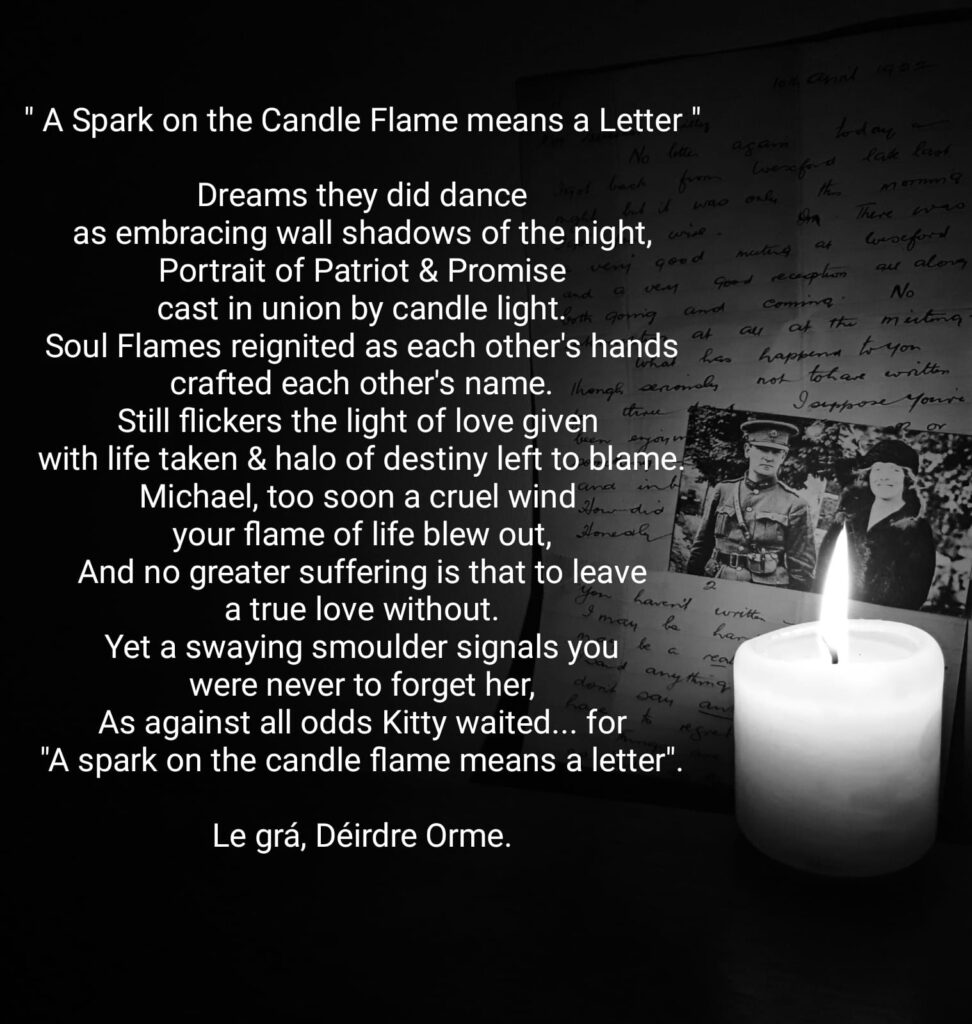
Do you know about Granard’s greatest love story – that of local lady Kitty Kiernan & her fiancée Michael Collins, General of the Free State Army.
Many letters were exchanged between Michael & Kitty documenting not only their love story but also the social & political happenings of the time.
At Knights and Conquests heritage center in Granard they have dedicated an exhibition room to this great story.
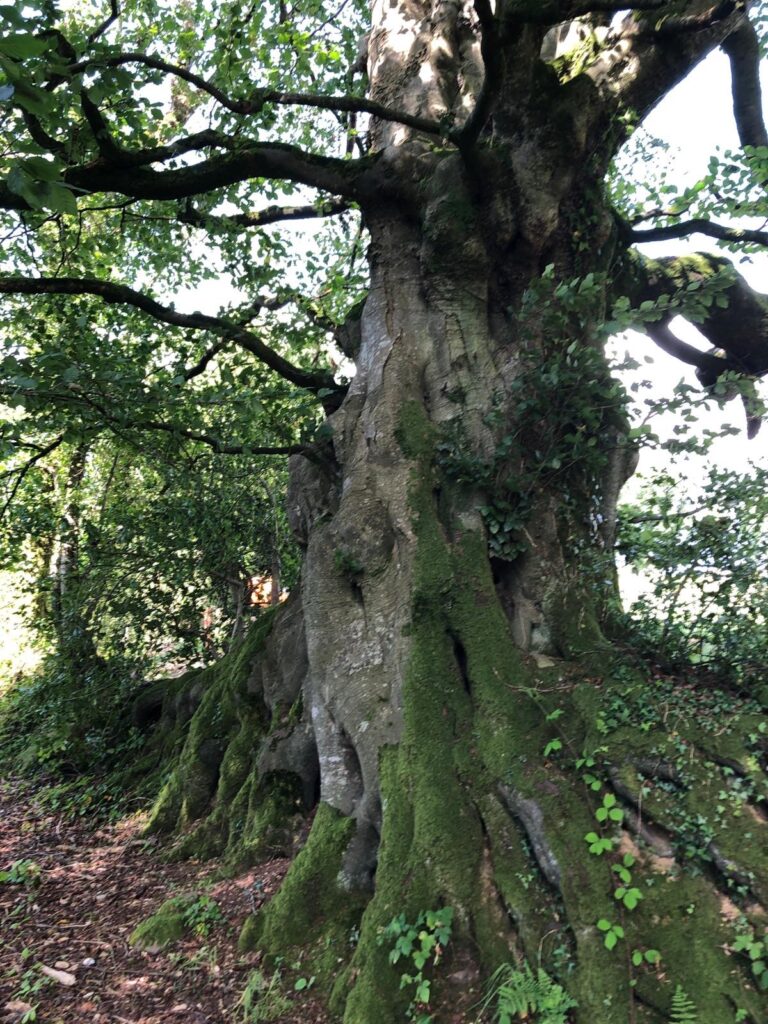
by Tom Carty, Galway
A Halloween Game
Eleven pieces cut, a sixpence as forfeit
The ten others under pillow kept
Those who on it to silence sworn
Until the morning after which they had slept
Should they speak before the mornings dawn
And they to the floor their blanket they had tossed
They broke the Yarrow pledge…
Their challenge and their sixpence was lost.
Oh, so many cared for their comfort that night
And other such tricks to get them to speak
So simple pleasures in a time now past
When folk their fun did seek!!!
Should the sleeper their whisht manage to hold
Who they dreamed of that night would be their spouse it was said
How many men dreamed of a comely cailin on such night
Who dreamed herself of another dashing blade, not them, instead!
Tom’s poem ties in with the North Longford Lore of a game played on Halloween. It involved cutting the yarrow and reciting this verse, that night you would dream of your future spouse!
In Cáit’s collection, there are several references to the Yarrow including the verse “Good morrow, good morrow, my pretty fair yarrow! I pray before this time to-morrow You will tell who my true love shall be. The clothes that he wears, and the name that he bears, And the day that he’ll come to wed me”
Tom publishes poetry, some based on folklore on writingsinrhyme.com
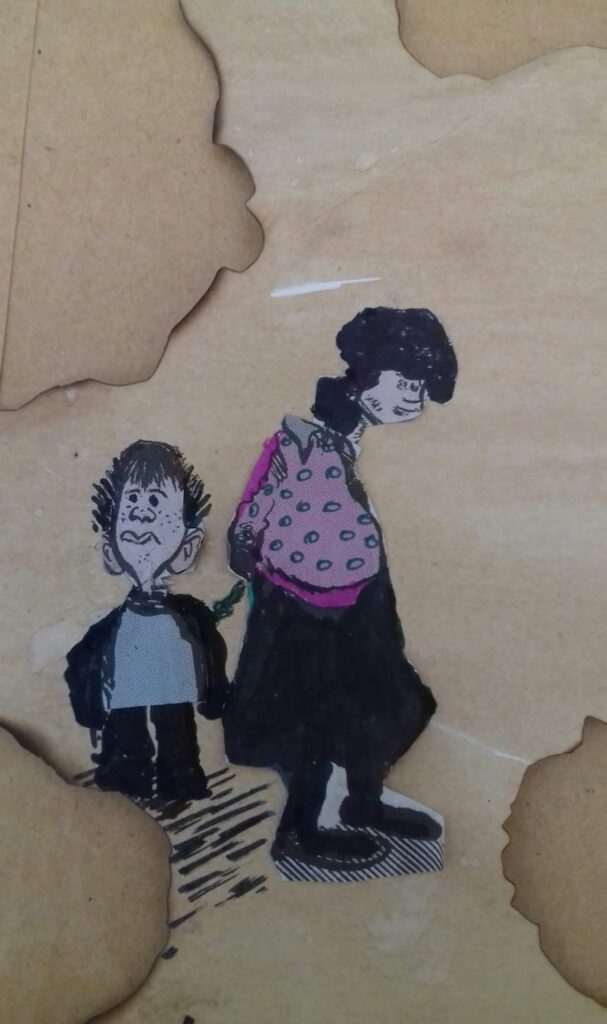
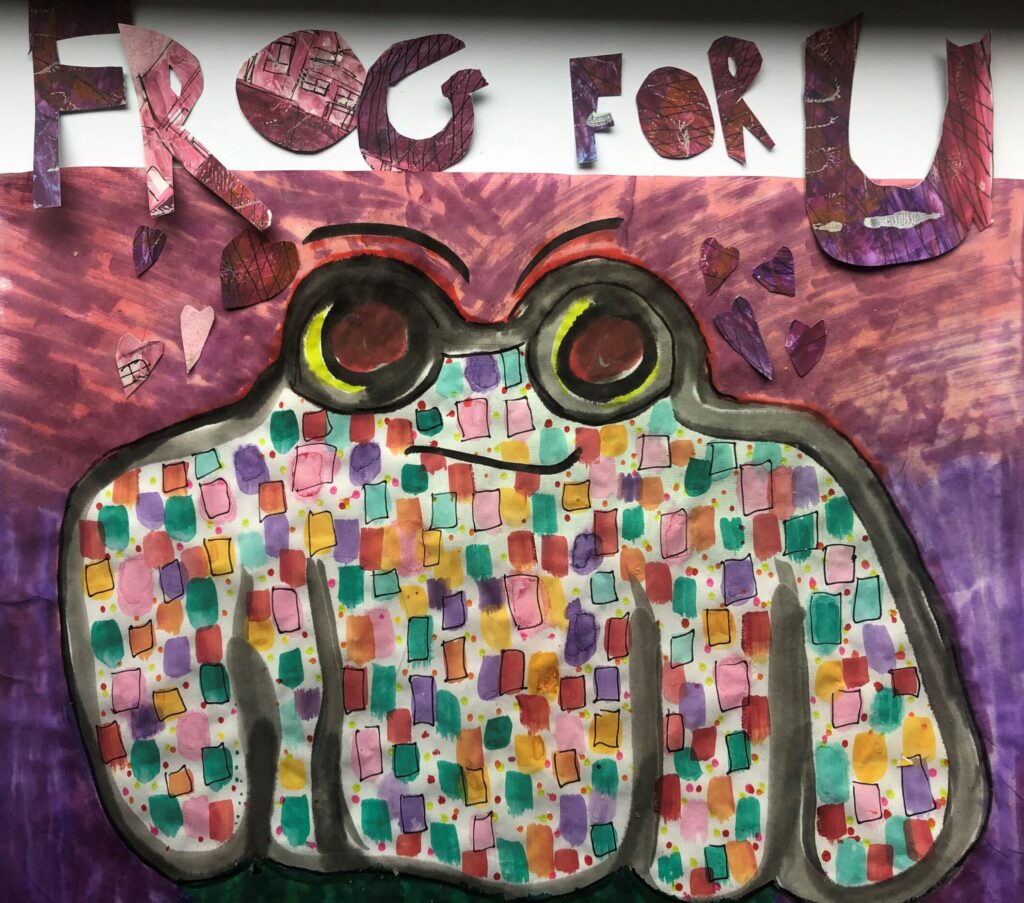
If a frog comes to your door it’s a sign of a marriage in the house
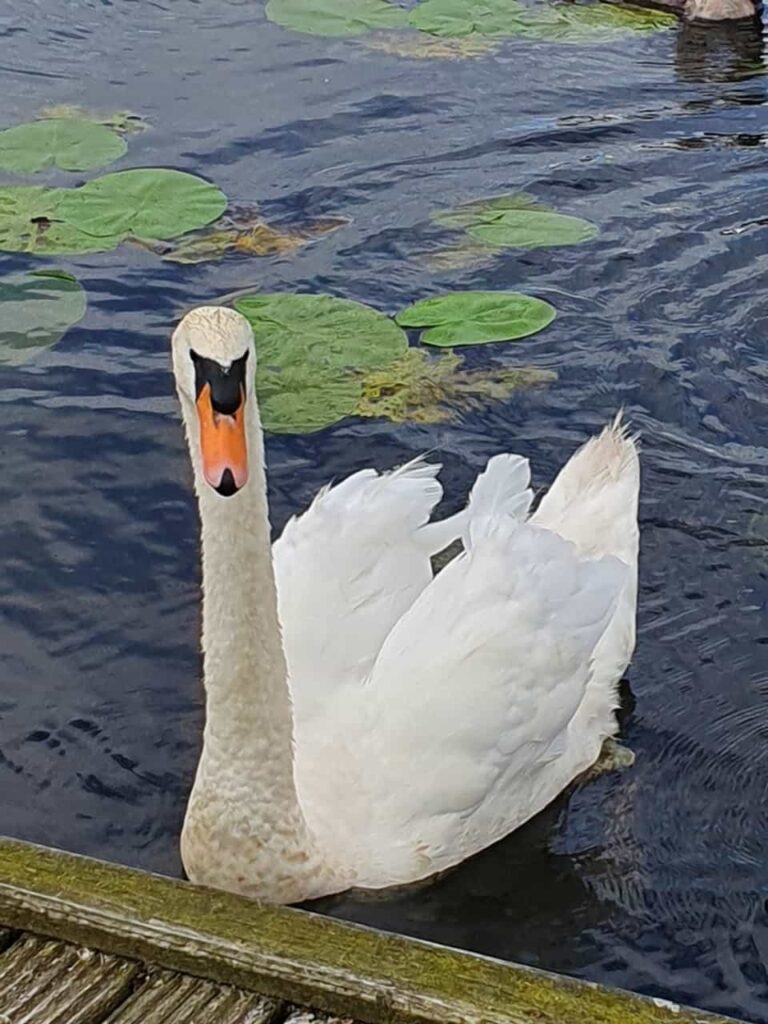

by Mike Gallagher, Mayo & Kerry
Achill Aiteanns
The Aiteanns on Achill inhabit wastelands,
rough pastures, heaths and rocky places;
cling to sea cliffs, hillsides and the verges
of bogs; with fellow native, humankind, they
lean into salt laden winds, scratch their way up
hard-fought, steeple slopes, jealously shield
the clois, the haggard, the stripes, even
the stones; are wary of interlopers,
knotweed, rhododendron, giant cabbages
and other invasive sorts; have shared,
down centuries, the harsh infertility of
this fallow isle, pulling together its loose,
measly topsoil and enriching it with
nitrogen-bearing root nodes. On hot
Summer days, it wafts the Achill air with
coconut scent, rends the Achill air with
pops of exploding seed pods; blue-green
branchlets hug the Achill earth, snuggle it
in a canopy of rigid, furrowed thorns.
It is, as ever, a lop-sided alliance, this bargain
between man and nature – one taking, one giving:
Thatch for the widow’s cot; beaten to pulp ‘tween
mallet and stone, a bran for sheep or stock;
coppiced and pollarded and scythed, each acre
a winters feed for six hungry horses, ’twas said;
the young shoots, forage once for piebalds along
the long acre; its leaves add colour and flavour
to Irish whiskey, make wine and tea, as well.
Its besoms once Saula houses swept; foundations
for bog roads in Shraheens, too; a chimney brush
with sugawns pulled, down and up, up and down;
sprinkled sprigs kept mouse and vole at bay
from bobbed-up shoots, and seeds, soaked, rampant
fleas repelled; ash of whin, when mixed with lard
made soap that soon did dirt discard; furze blossom dye
did Easter eggs adorn and young shoots greened ribbed sock
and pretty petticoat; gorse wood was grand for kitchen tools
and garden gnomes – non-toxic and would not rot;
precious bearts from tramcock butts dried on its August
bush; scarce pollen for bees it yields through Spring; dense
cover for Warbler, Stonechat and Whinchat, too, except
the Wren which it betrays so easily on each Saint
Stephens Day; in the Achill of my youth, protection
for Sandybanks rabbits, before we went genteel
and swapped burrows for golf holes; dinner for the
Double-striped Pug moth, but refuge for diner Robin, too –
Nature’s sword, as ever, double-edged; in olden days,
a purgative; a cure for scarlet fever, jaundice, all ailments
of the spleen and nasty kidney stones; release from
horse’s worms, besides, (only half the dose for man, one would
suppose); shelter belts on sodded walls, stock-proof but, sadly,
not sheep-proof (is anything?); a barrier to mystical forces –
scatter petals at window or door to keep the fairies out; a sprig
kept under thatch or over rafter would surely bring you luck; place
a plant in the dung heap during May to multiply the crop; a garland
around the churn would ward off the evil eye and cattle chased
through aiteann would never, ever die. And as you stagger
homeward, a spray behind your lapel would halt the certain stumble.
A twig in the feeding stall will foil sterility,
A sprig in the brides bouquet will ensure fertility,
(no mention of the groom or his ability!); and
kissing is always out, when blossoms are not about!
Cameras, smart phones all around, Dooniver, Dookinella,
Achill Sound, Ballinasally, Cloisríd, Keel, Cloughmore,
Bunacurry, Cashel, Keem, The Shore; Kildownet, Pollagh,
Dooagh, Dugort, Croghan, Minaun, old Slievemore,
take landscape photos, catch all the action,
snap scarlet fuchsia and yellow aiteann,
sharp, cutting and lacerating,
like its Island hosts,
thorny, prickly, quick to flare,
glow warm beyond compare.
